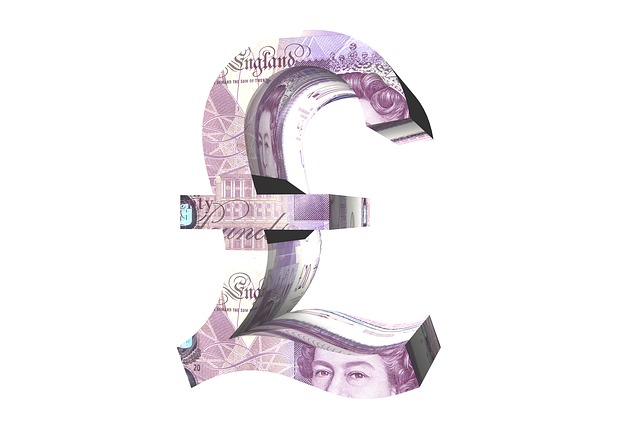 This week has been a mainly positive experience for the British pound. On Monday, it advanced 0.17 percent against the dollar, followed by an increase of 0.32 percent on Tuesday. Against the Euro, it gained 0.48 percent on Monday, while adding 0.24 percent on the next day.
This week has been a mainly positive experience for the British pound. On Monday, it advanced 0.17 percent against the dollar, followed by an increase of 0.32 percent on Tuesday. Against the Euro, it gained 0.48 percent on Monday, while adding 0.24 percent on the next day.
This sudden recovery against the dollar (the Pound Sterling lost 0.78 percent against the dollar last week) may be short-lived, given that many expect that uncertainty related to the Brexit political crisis may resurge, especially given the upcoming trade-negotiations. However, the fact that the recent growth data beat the analyst's expectations aided the optimists.
Analysts were expecting the British economy to grow 0.8 percent during last year's fourth quarter. Nevertheless, according to the recently released growth data, Britain's economy grew 1.1 percent, though still behind the previous quarter’s figure and being the weakest pace since the first quarter of 2018.
The British economy is mainly being affected by a contraction in fixed investment and stagnant household consumption growth, as it just added 0.1 percent during the quarter. A decline in manufacturing and production output also weighed in. However, compared to the previous year's figure, Britain's economic growth advanced 0.1 percent, at 1.4 percent (year-to-year).
"This reflects a slight pickup from the previous year, although it is one of the slowest rates since the financial crisis of 2008 and 2009,” stated the Office for National Statistics on its report.
The ONS added that despite the contraction in the manufacturing sector, the UK reached a trade surplus during the last quarter of 2019, mostly driven by rising precious metals exports and a temporary dip in imports.
Undoubtedly the Brexit political crisis weighed in the British economic performance, and the fact that the degree of uncertainty diminished after the UK officially left the European Union at the end of January may aid economic growth in the near future.
Despite the upbeat economic data, we must remember that we have a long trade negotiation period with Brussels ahead that may end up playing against the United Kingdom's economic interests. The heavily promoted idea of a "frictionless trade" with Europe now seems to be a fiction, especially after Britain's cabinet minister Michael Gove told British producers that they should be ready for regulatory checks and customs procedures that will follow the end of the transition period. The British reticence to complying with the EU regulatory standards doesn't aid optimism regarding the outcome of the negotiations either.
The Bank of England met at the end of January and decided to leave the cash rates steady, saying that there are early signs that economic growth is picking up. Besides this, it remained open to lowering the rates if those expectations are not met in the upcoming future.
The Bank's governor's latest statements during a speech in the British Parliament signaled that the Bank maintains its optimistic vision regarding the future of the economy, as Mark Carney stated that the bank will likely continue keeping the cash rates at 0.75 percent. He added that the rebuilding of the trade relationship between the UK and EU will weigh in the country's productivity in the short term and that despite the coronavirus epidemic will affect the global economic growth, those effects most likely will fade in the subsequent quarters.
Next Wednesday the bank will be releasing January’s consumer price index data. This figure, together with retail sales data, may help traders to make a more complete assessment about the current state of the British economy.
